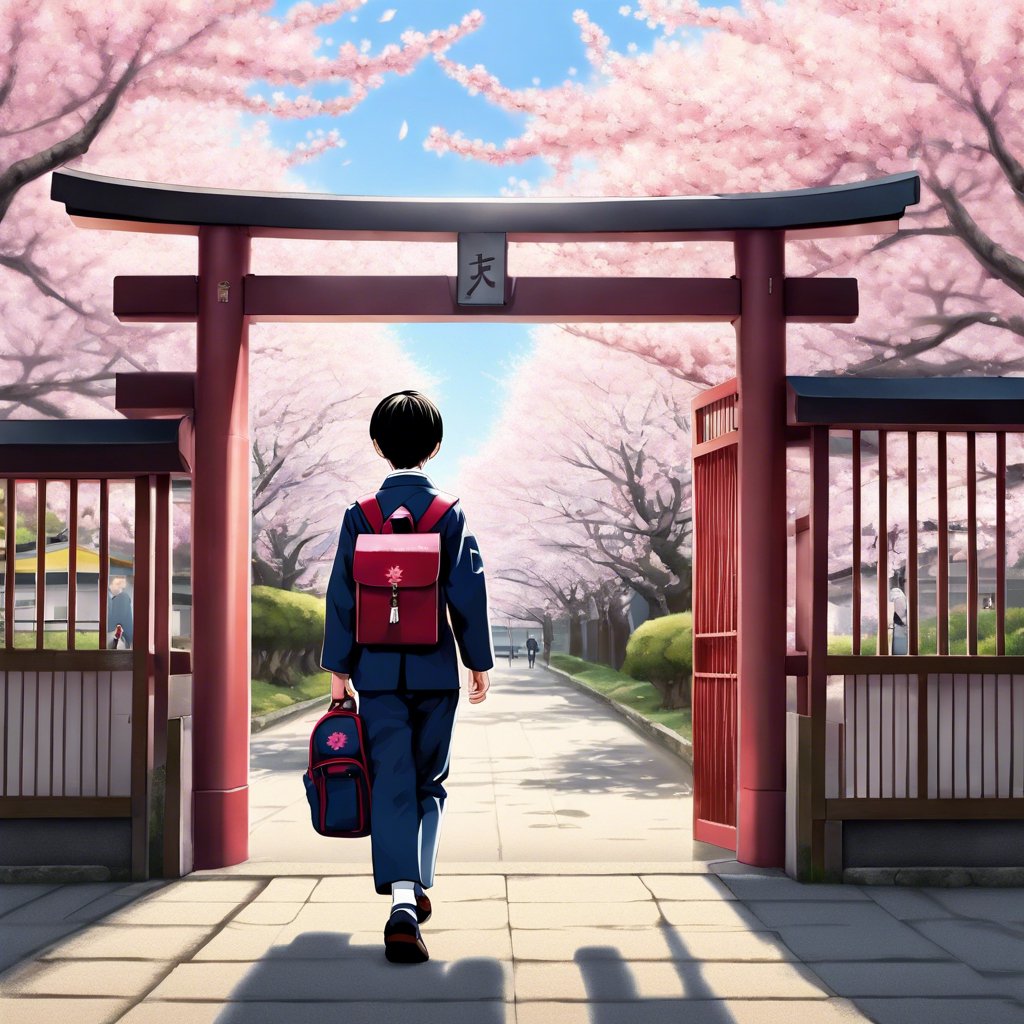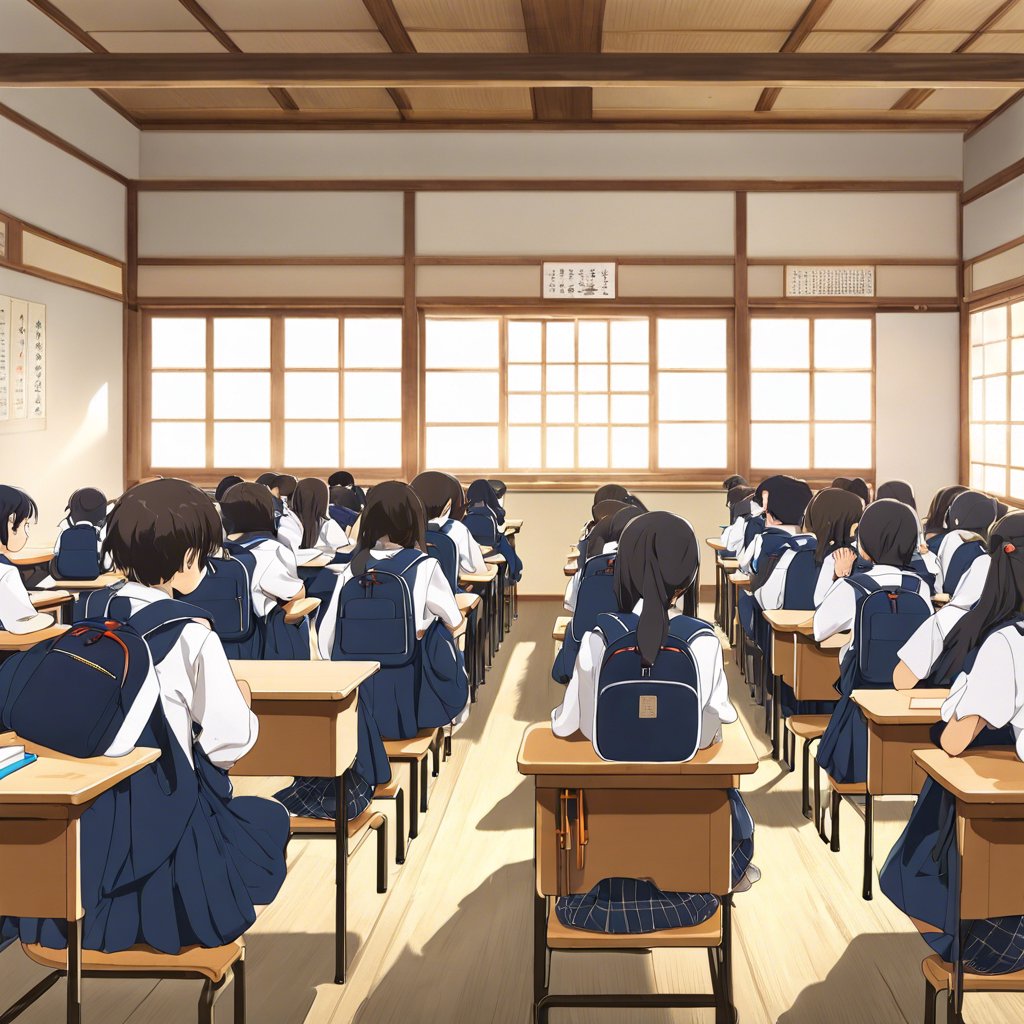Almost every elementary school student in Japan carries a traditional book bag known as a randoseru, a cultural symbol deeply ingrained in Japanese childhood for nearly 150 years. While not officially mandated, the strong social norms surrounding randoseru lead most families to purchase these iconic backpacks for their children. Made of durable leather or sturdy materials, randoseru are designed to withstand the weight of textbooks, worksheets, pencil cases, and even digital tablets, making them an essential part of a student’s daily life. Despite the hefty price tag of hundreds of dollars, randoseru are expected to last throughout the six years of elementary school, embodying the values of conformity and consistency that are prevalent in Japanese culture.
Cultural Influence on Behavior in Japan
In Japan, cultural expectations are deeply ingrained in children from a young age, both at school and at home. Peer pressure plays a significant role in reinforcing these cultural norms, contributing to the smooth functioning of Japanese society. For instance, during the COVID-19 pandemic, the Japanese government did not enforce mask-wearing or lockdowns, yet the majority of residents voluntarily wore face coverings and avoided crowded places. This behavior stems from the ingrained cultural practices of standing quietly in lines, obeying traffic signals, and maintaining cleanliness in public spaces, all of which are instilled in individuals from kindergarten onwards.
The Symbolism of Randoseru in Education
Carrying a randoseru to school is more than just a practical necessity in Japan; it symbolizes a collective adherence to societal norms that are upheld by individuals without the need for external enforcement. Shoko Fukushima, an associate professor of education administration, highlights that the tradition of using randoseru represents a shared commitment to cultural values rather than a mandated rule. The first day of school in Japan, marked by entrance ceremonies and family photo opportunities, showcases the iconic image of young children proudly donning their randoseru, carrying on a tradition that has been passed down through generations.
| Location | Description |
|---|---|
| Kitasuna Elementary School | Located in the Koto neighborhood of eastern Tokyo, this school witnessed the annual ritual of first graders and their parents gathering for the entrance ceremony, showcasing the ubiquitous presence of randoseru among students. |
| Tokyo Streets | Images of elementary school students packing their randoseru before heading home provide a glimpse into the daily routine of carrying textbooks and school supplies, reflecting the practical and symbolic significance of these traditional book bags. |















